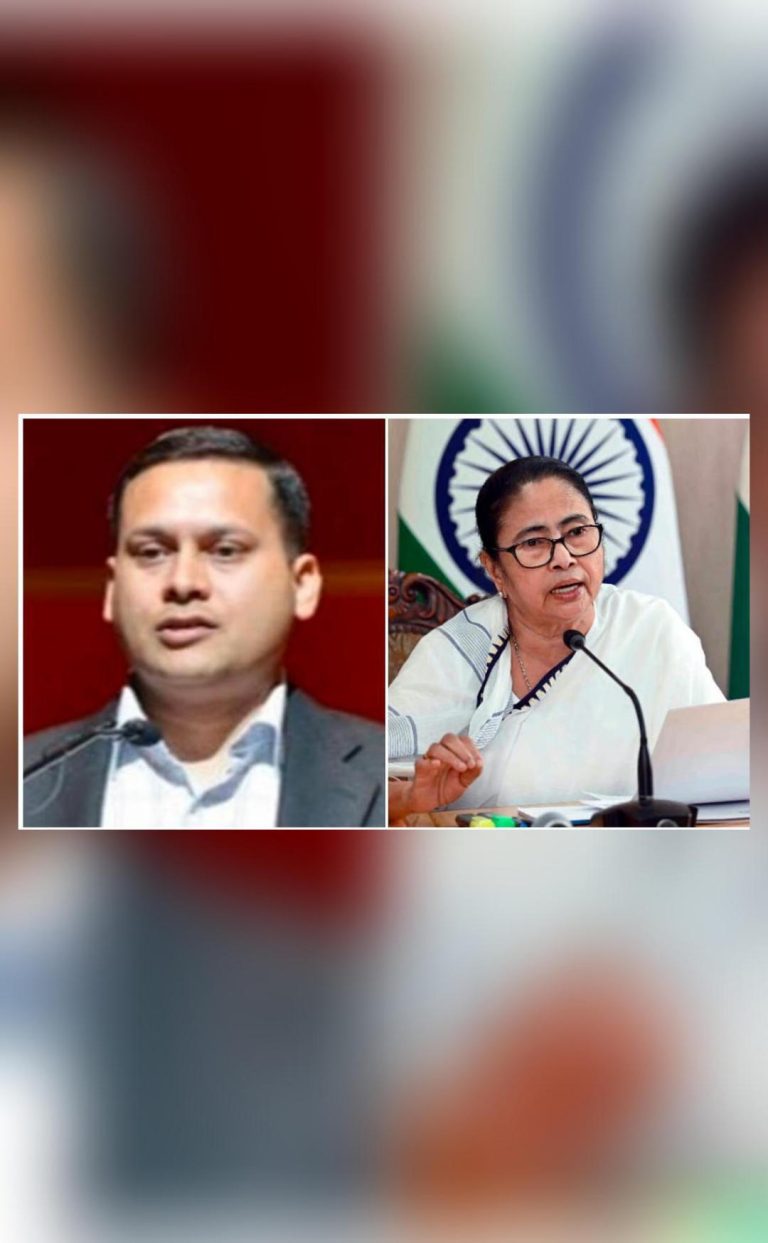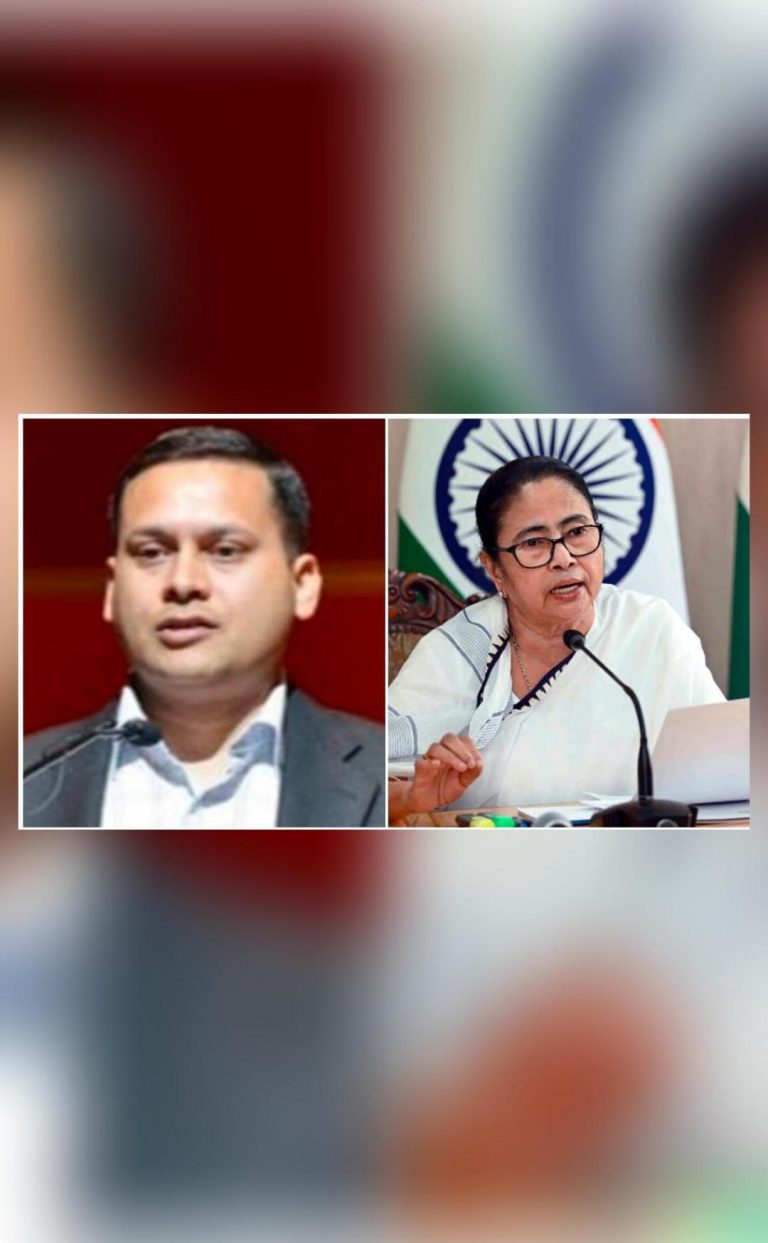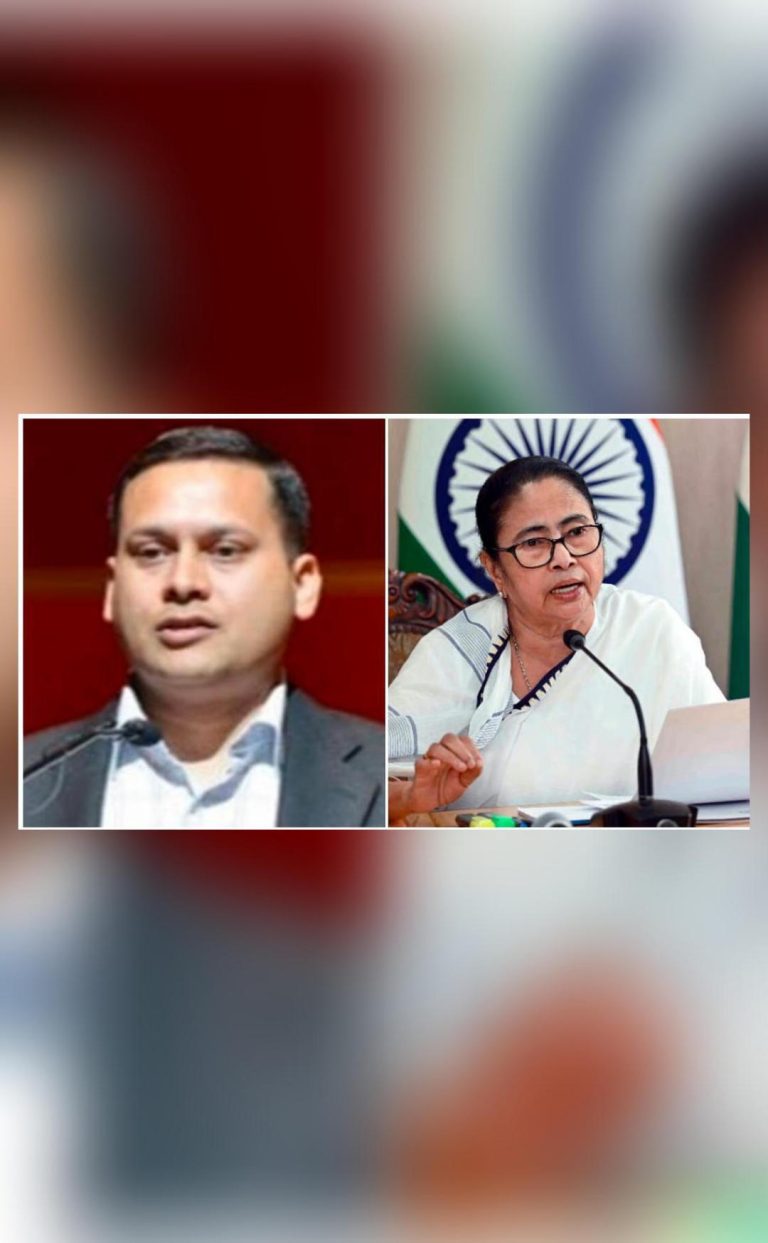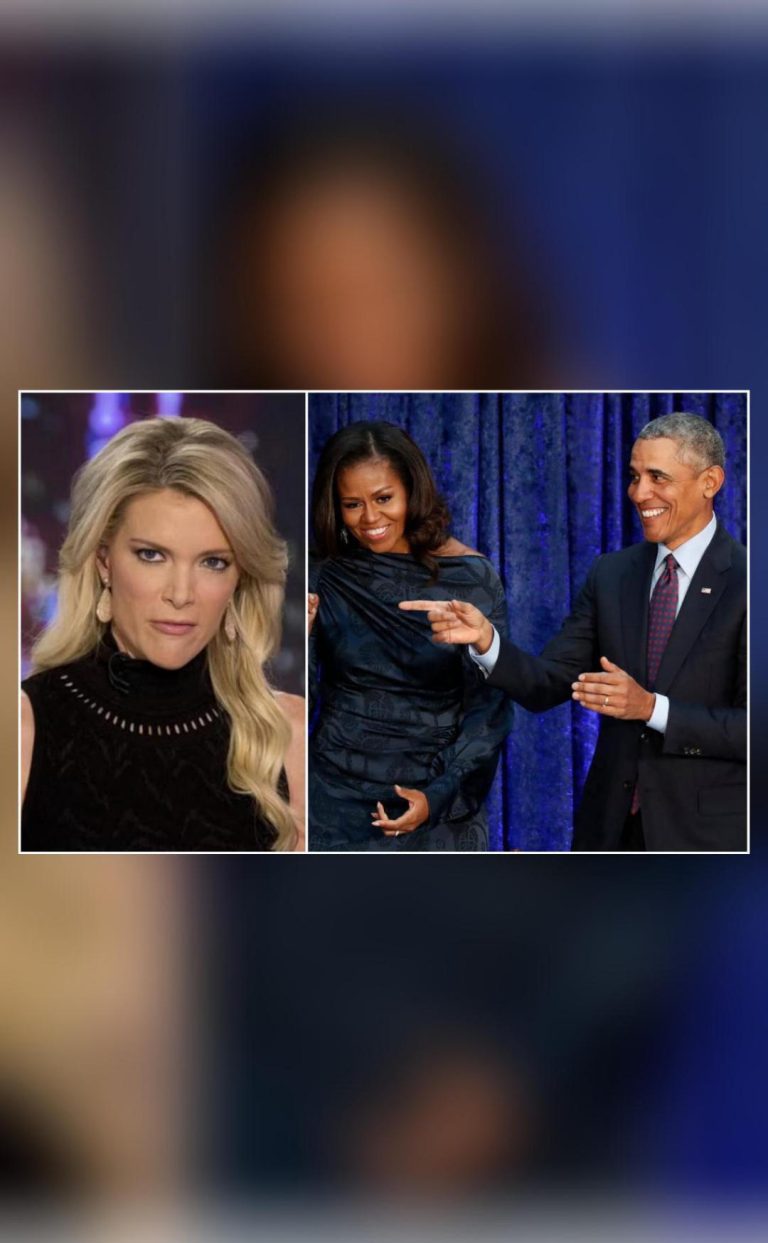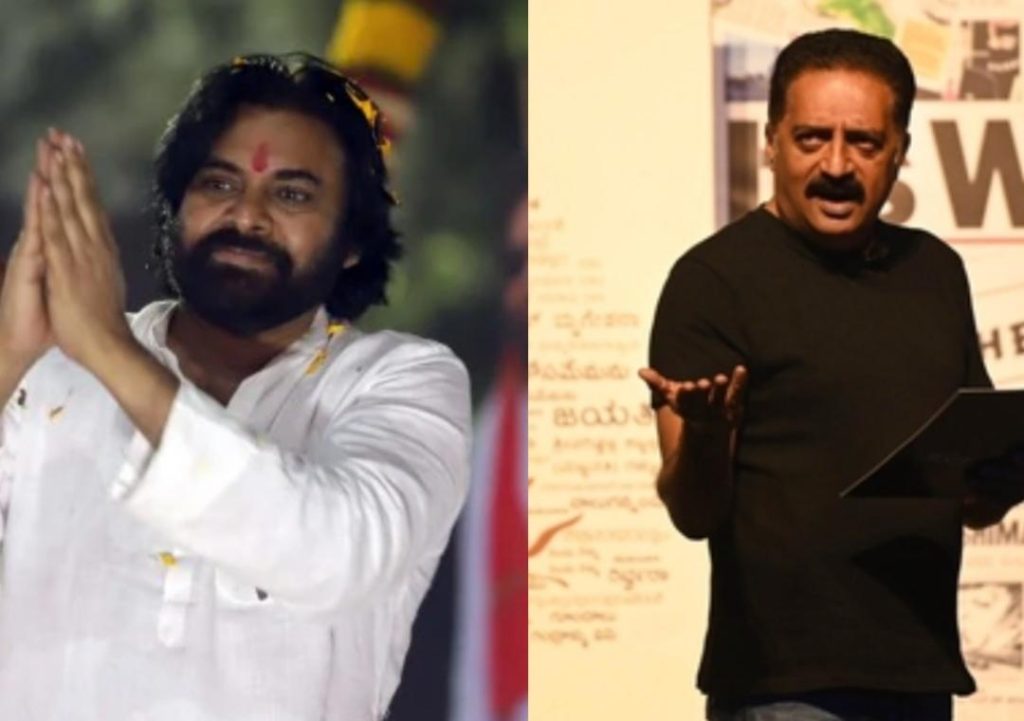
Don’t force Hindi language on us: Prakash Raj to Pawan Kalyan
In a recent statement, Andhra Pradesh Deputy Chief Minister Pawan Kalyan sparked a heated debate when he claimed that politicians in Tamil Nadu oppose Hindi but allow movies to be dubbed in the language for profit. This remark was met with strong opposition from actor-politician Prakash Raj, who has now reacted to Kalyan’s statement.
Prakash Raj, known for his outspoken views on various social and political issues, took to social media to express his disappointment and frustration with Kalyan’s statement. In a series of tweets, Raj emphasized that resisting Hindi imposition is not about hating another language, but rather about protecting one’s own mother tongue.
“Don’t force your Hindi language on us,” Raj tweeted. “It’s not about hating Hindi or any other language. It’s about protecting our own mother tongue and culture. We have our own languages and cultures, and we should respect and preserve them.”
Raj’s reaction to Kalyan’s statement was sparked by the Deputy Chief Minister’s claim that Tamil Nadu politicians oppose Hindi but allow movies to be dubbed in the language for profit. According to Raj, this statement is a blatant attempt to undermine the concerns of those who are opposed to Hindi imposition.
“It’s not about profit or loss,” Raj said in an interview. “It’s about the cultural identity of our country. We have so many languages and cultures, and each one is unique and precious. To impose one language on others is to erase their cultural identity and heritage.”
Raj’s comments are particularly significant in the context of the ongoing debate over Hindi imposition in India. For many years, there have been concerns about the growing dominance of Hindi in government and public life, with many feeling that this is threatening the cultural identity and linguistic diversity of the country.
In recent years, there have been several instances of Hindi imposition, including the introduction of Hindi as a compulsory subject in schools and the use of Hindi in government offices and public services. This has led to widespread protests and demonstrations, particularly in non-Hindi speaking states such as Tamil Nadu and Kerala.
Prakash Raj’s reaction to Kalyan’s statement is a reflection of his own experiences and perspectives on this issue. As an actor and politician, Raj has been vocal about his opposition to Hindi imposition and has been involved in several campaigns and initiatives to promote linguistic and cultural diversity.
In an interview, Raj emphasized that the struggle against Hindi imposition is not just about opposing one language, but about preserving the cultural identity and heritage of the country as a whole.
“We are not against Hindi or any other language,” Raj said. “We are against the imposition of one language on others. We want to preserve our own languages and cultures, and we want to respect the languages and cultures of others.”
Raj’s comments have been met with widespread support from many in the country, particularly those who are opposed to Hindi imposition. The debate over Hindi imposition is a complex and contentious issue, and it is clear that there are many different perspectives and opinions on the matter.
However, one thing is clear: the imposition of Hindi on others is a threat to the cultural identity and linguistic diversity of the country. As Prakash Raj and many others have emphasized, it is essential that we respect and preserve the languages and cultures of all communities, rather than seeking to impose one language on others.
In conclusion, Prakash Raj’s reaction to Pawan Kalyan’s statement is a powerful reminder of the importance of linguistic and cultural diversity in our country. We must respect and preserve the languages and cultures of all communities, rather than seeking to impose one language on others. By doing so, we can promote greater understanding, tolerance, and unity among all communities, and create a more harmonious and inclusive society.
